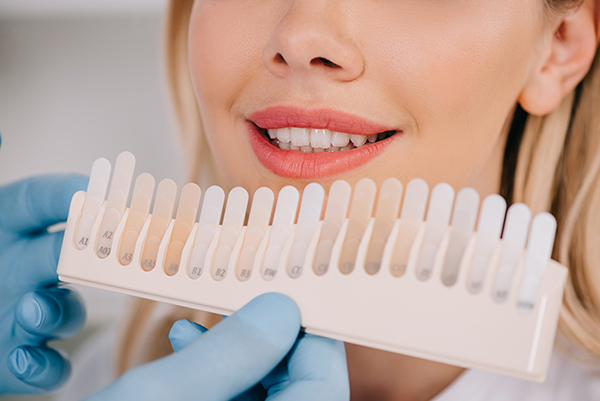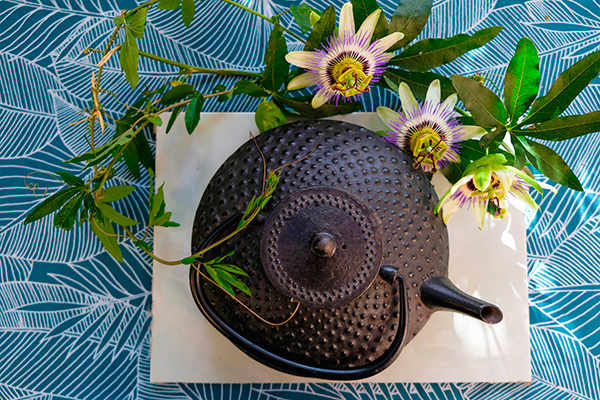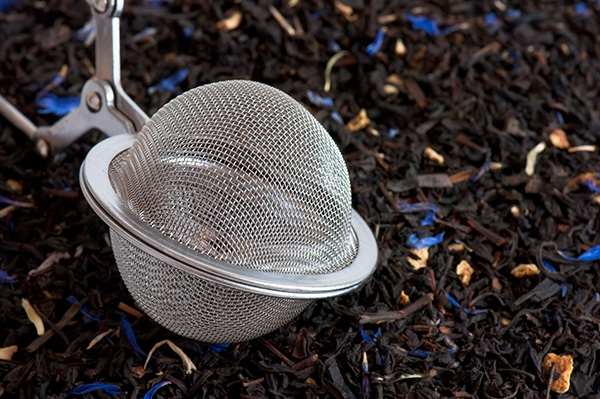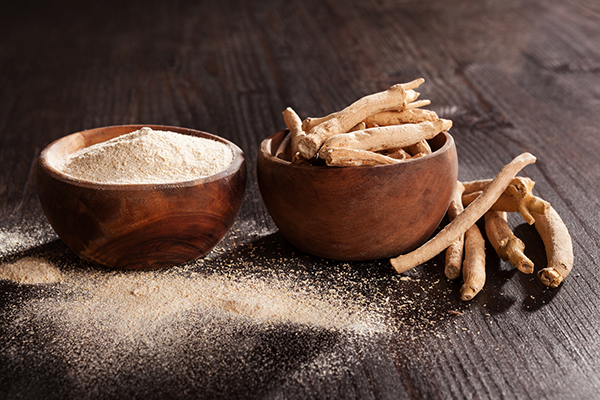Ginkgo Biloba Tea: Benefits, Side Effects, and How to Make It
Ginkgo biloba tea is a herbal infusion derived from the leaves of the ginkgo biloba tree, one of the oldest living tree species on Earth. The tree’s fan-shaped leaves are dried and steeped in hot water to create a tea rich in unique antioxidants. It’s been consumed in China for thousands of years and has gradually found popularity worldwide due to its touted health benefits.
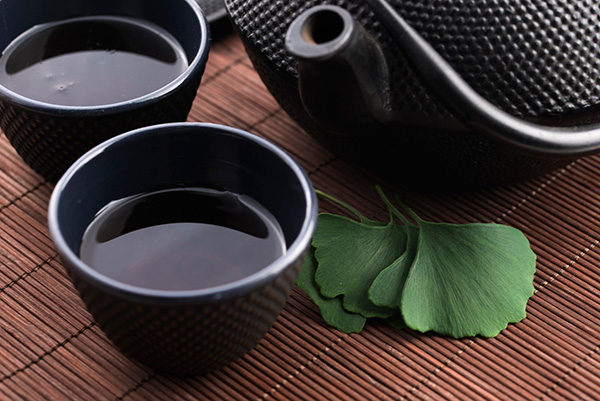
Potential Health Benefits of Ginkgo Biloba Tea
Ginkgo biloba tea has many health benefits, from eye health support to brain function improvement.
May Enhance Cognitive Function
One of the most celebrated benefits of ginkgo biloba tea is its potential to boost cognitive function. Some research suggests that the antioxidants in ginkgo may improve brain health, memory, and concentration, particularly in older adults. However, more research is needed to definitively establish these benefits.
Could Improve Circulation
Ginkgo biloba tea might also aid circulation. The ginkgo biloba plant contains compounds known to expand blood vessels, potentially increasing blood flow to various parts of the body, including the brain.
You can also enhance your blood circulation by drinking other teas such as Green, Cinnamon, Turmeric, Ginger, and Hawthorn.
May Support Eye Health
Ginkgo biloba’s antioxidants may help to protect the eyes from damage by free radicals and improve eye health. Some preliminary studies suggest that ginkgo may be beneficial for people with glaucoma, though more research is needed in this area.
Bilberry, Goji Berry, and Eyebright teas also possess properties that can help boost eye health.
Ginkgo Biloba Tea Side Effects
Like any supplement, ginkgo biloba tea can have side effects.s.
Possible Digestive Issues
Consumption of ginkgo biloba tea may lead to digestive problems in some individuals. These could include nausea, diarrhea, or upset stomach. It’s generally mild, but if these issues persist, it’s recommended to stop consumption and consult a healthcare professional.
Risk of Allergic Reactions
Some people might be allergic to ginkgo biloba, resulting in skin reactions, itchiness, or difficulty breathing after consumption. If you experience these symptoms, seek medical help immediately.
Who Should Not Drink Ginkgo Biloba Tea?
While ginkgo biloba tea is generally safe for most people, some should avoid it. Pregnant or nursing women, children, and those on blood thinners or certain psychiatric medications should abstain from ginkgo. Always consult a healthcare provider if you’re unsure.
How to Make Ginkgo Biloba Tea
Making ginkgo biloba tea at home is quite straightforward.
- Boil 1 cup of water.
- Add 1-2 teaspoons of dried ginkgo biloba leaves.
- Steep for 5-10 minutes.
- Strain and enjoy your tea.
Remember to follow the manufacturer’s guidelines if you’re using a branded product.
Final Thoughts
Ginkgo biloba tea is an ancient, fascinating drink with numerous potential benefits. However, like any herbal product, it’s not without its potential side effects. Always consult with a healthcare professional before incorporating it into your routine, especially if you have specific health conditions.
FAQ
What Does Ginkgo Biloba Tea Taste Like?
Ginkgo biloba tea has a unique taste – it’s somewhat earthy, slightly bitter, but also carries a subtle sweetness. The flavor might be an acquired taste for some, but many find it pleasantly refreshing.
How Often Can You Drink Ginkgo Biloba Tea?
In general, drinking one to two cups of ginkgo biloba tea per day should be safe for most people. However, the best practice would be to follow the manufacturer’s guidelines if you’re using a pre-packaged product.


